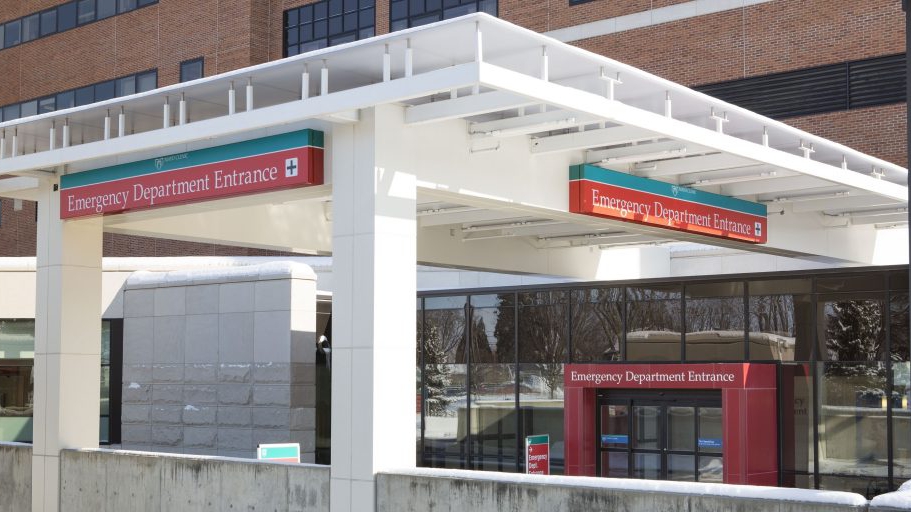-
When to seek emergency care during COVID-19 pandemic

In an effort to reduce the burden on hospitals due to the COVID-19 pandemic, and to lower the risk of disease transmission, people are asked not to go to emergency rooms if they think they may have COVID-19 symptoms but otherwise feel okay. Instead, they're asked to call their primary care provider to discuss their symptoms and testing options.
However, Dr. Annie Sadosty, a Mayo Clinic emergency medicine physician, has this important message for those wondering what they should do if they have a medical emergency, COVID-related or not:
Watch: Dr. Sadosty discusses emergency care during the COVID-19 pandemic.
Journalists: Sound bites with Dr. Annie Sadosty are in the downloads at the end of the post. Please courtesy "Annie Sadosty, M.D. / Emergency Medicine / Mayo Clinic."
"The Emergency Department staff are here for you, and if you feel that you have an emergency, COVID-related or not, don’t hesitate to access the help that you need. We are here and want to care for you," says Dr. Sadosty. "We are here 24/7/365 for patients who need us. And I would say that if you think you have an emergency, evaluate in your head whether you should call 9-1-1 or not, but don’t avoid the Emergency Department because it may very well be the best place for you."
Dr. Sadosty says staff is ready to take care of emergencies of all kinds and have taken steps to lower the risk of transmission to keep patients and staff safe.
According to the Centers for Disease Control and Prevention (CDC), patients who develop any emergency warning signs for COVID-19 should get medical attention immediately. The warning signs include, but are not limited to:
- Trouble breathing
- Persistent pain or pressure in the chest
- New confusion or lethargy
- Bluish lips or face
If you have a medical emergency and need to call 911, notify the operator that you have or think you may have COVID-19. If possible, put on a facemask before medical help arrives.
For those who do not have any emergency warning signs but think they may have COVID-19, however, Dr. Sadosty says the first step is to call your primary care provider.
"If you merely are concerned that you may have COVID-19 and think that you need testing, there are other venues that I would encourage you to access by calling your primary care provider, who can then direct you to the many different options, whether in the clinic, in a drive-thru testing area, or otherwise," Dr. Sadosty says.
For the latest updates on the COVID-19 pandemic, check the CDC website. For more information and COVID-19 coverage, go to the Mayo Clinic News Network and mayoclinic.org.







